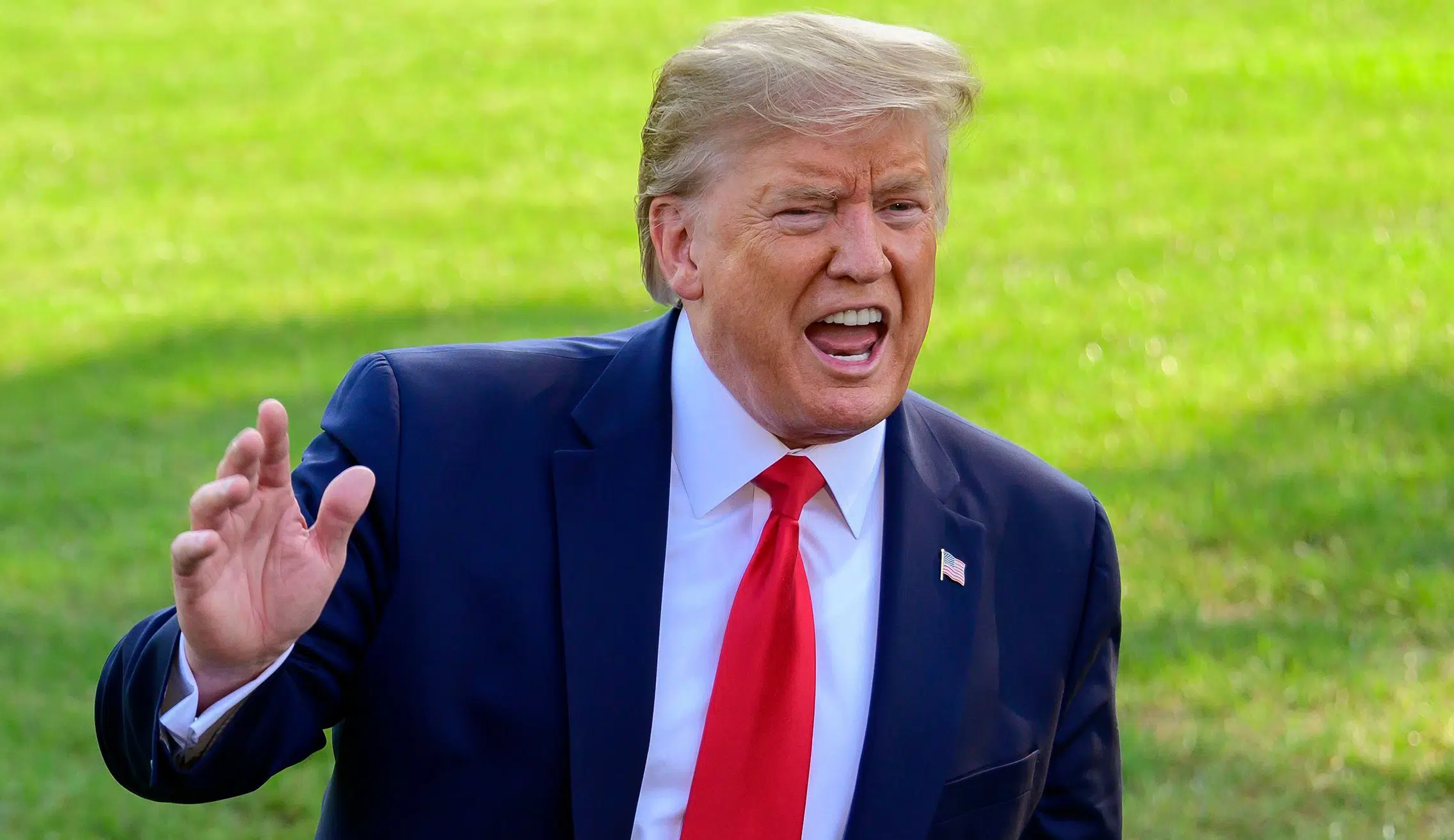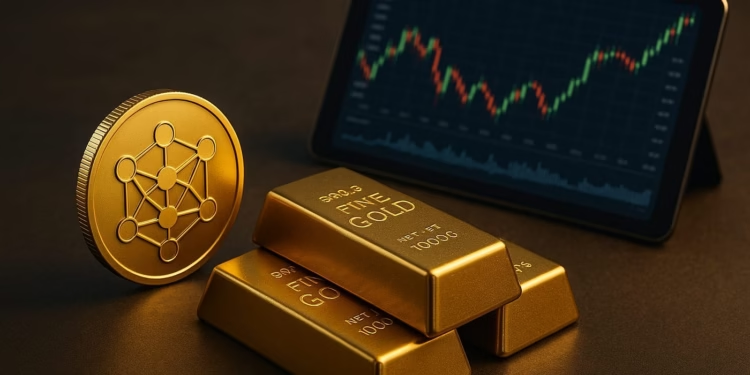In a recent post on October 23, 2025, Binance founder Changpeng Zhao (CZ) cautioned investors against viewing tokenized gold as “digital gold,” arguing that such products remain dependent on third-party custodians.
His remarks came amid renewed attention surrounding Peter Schiff’s tokenized gold plan, which aims to create a blockchain-based payment system backed by physical gold.
Zhao clarified that despite being represented on-chain, tokenized gold is fundamentally an IOU which is a promise that a company will redeem the token for physical gold in the future.
“It’s tokenizing that you trust some third party will give you gold at some later date, even after their management changes, maybe decades later, during a war, etc.,” Zhao wrote on X. “It’s a ‘trust me bro’ token.”
His comments highlight a central contradiction in the tokenized gold plan: while blockchain technology allows transparent recordkeeping, the ownership of the actual asset still requires trust in intermediaries. This, Zhao argued, conflicts with crypto’s core principle of decentralization, which eliminates the need for third-party custodians.
For Zhao, the issue isn’t the technology but the trust-based nature of gold-backed systems. Unlike Bitcoin, which operates without central oversight, tokenized gold “defeats the purpose of decentralization,” he said.
Schiff unveils competing vision for tokenized gold payments
Despite Zhao’s criticism, gold advocate and Bitcoin critic Peter Schiff continues to advance his tokenized gold plan, positioning it as a direct competitor to Bitcoin.
In a recent interview with Crypto Tengen, Schiff announced plans to launch a blockchain-based gold token through his company, SchiffGold, claiming it could serve as a stable and practical medium of exchange.
“Because gold will maintain its purchasing power, the one thing that makes sense to put on a blockchain is gold,” Schiff said. “It will do all the things that Bitcoin promises but can never do.”
Under Schiff’s tokenized gold plan, users would be able to buy and trade digital representations of gold stored in secure vaults. The app will allow instant ownership transfers and redemption for physical gold.
“You can transfer the quantity of gold instantly at very low cost much cheaper and quicker than Bitcoin,” Schiff added.
His announcement rekindled debates within the crypto community about whether tokenized gold can realistically compete with Bitcoin’s decentralized model.
Critics argue that as long as a central entity holds the backing asset, such products will always depend on trust as a problem Bitcoin was designed to eliminate.
Market volatility amplifies gold vs Bitcoin debate
The discussion over the tokenized gold plan comes at a volatile time for global markets. Gold recently suffered one of its steepest drops in years, plunging from $4,381 to a weekly low of $4,115 wiping out roughly $2 trillion in market capitalization. It has since recovered slightly, trading around $4,150 after two days of losses.
In contrast, Bitcoin has rallied. The world’s largest cryptocurrency by market cap climbed nearly 1% in the past 24 hours, briefly breaching the $110,000 mark before settling near $109,287. The price movement further fueled comparisons between the two assets and revived discussions over Bitcoin’s long-term potential to surpass gold.
Gold’s recent volatility underscores why decentralized assets like Bitcoin are gaining traction, said Alex Thorn, Head of Research at Galaxy Digital. Unlike tokenized gold, Bitcoin doesn’t depend on vaults, governments, or corporate guarantees.
Zhao predicts Bitcoin will outpace gold’s global market value
Earlier this week, Zhao predicted that Bitcoin could one day surpass gold’s market cap, though he acknowledged that it may take time. As of October 2025, gold remains the world’s largest asset, valued at approximately $28.5 trillion, while Bitcoin ranks eighth globally with a $2.18 trillion market cap, according to CompaniesMarketCap.
Zhao noted that Bitcoin’s finite supply of 21 million coins with 19.93 million already mined gives it long-term scarcity similar to gold, but with far greater portability and divisibility. For Bitcoin to match gold’s valuation, it would need to reach approximately $1.5 million per coin.
“Bitcoin’s transparent, decentralized design ensures that ownership isn’t based on promises or vault receipts,” Zhao said in an earlier post. “That’s why it will eventually outperform gold and every tokenized gold plan.”
Broader implications for the future of tokenized assets
While Schiff’s tokenized gold plan aims to modernize the use of gold in payments, experts suggest it highlights a deeper philosophical divide between traditional asset tokenization and true digital decentralization.
Tokenized commodities like gold offer liquidity and accessibility but remain tied to central institutions. Meanwhile, Bitcoin’s appeal continues to grow as it operates independently of intermediaries reflecting the original vision of financial sovereignty through blockchain technology.
Tokenized gold will find use among investors who want regulated exposure, said Noelle Acheson, market analyst and author of Crypto is Macro Now. But the trust model means it will never replace decentralized money like Bitcoin.
As gold struggles and Bitcoin rebounds, Zhao’s remarks serve as a reminder that trust not technology defines the future of money.
Whether tokenized gold plans like Schiff’s succeed will depend not just on innovation but on whether users are willing to accept a centralized promise in a world increasingly built on trustless systems.











